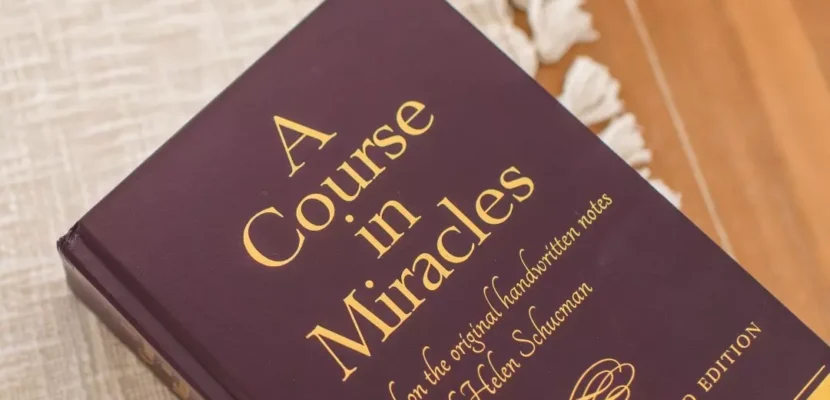When you hear of Un Curso De Milagros, whether in the First Century or in the Twenty-First, do you rejoice and feel uplifted, or do you wince and think of all sorts of problems? Even if you find them believable, do you worry that they create an obstacle to faith rather than a pathway to it for many other people? Does it mean that the Church can only attract people of an extremely credulous or unscientific mind? To make things worse, if people cannot believe one thing we tell them, why should they believe anything else we say?
Let me set out the five main reasons why this is a problem.
1. The God of the Gaps. A lot of people have used God as an explanation for gaps in our scientific knowledge. This God has, of course, shrunk a lot during the 20th and 21st Centuries. Miracles have been used to strengthen belief in this God. However, what was an inexplicable miracle in the past can now be easily understood as a scientific phenomenon.
2. Obscurantism. The Church, or parts of it at least, has been guilty at times of trying to suppress inconvenient information of various kinds, causing people to suspect that knowledge was the opposite of faith. Stories about miracles could be seen as inventions devised to confuse or confound the Church’s critics.
3. Psychology. We now have a better understanding of how the human mind works than our ancestors had. We can understand that people might have genuinely believed they had witnessed a miracle when they had not. Perhaps they were merely trying to make sense of something they did not understand, or they could have been suffering from some kind of mental breakdown.
4. Coincidences. Some events have been described as miracles even when they were obviously explicable even at the time, but were apparently very unlikely coincidences, especially if they seemed to have been answers to prayer and/or have been regarded as fulfilling God’s purposes on Earth, according to believers.


